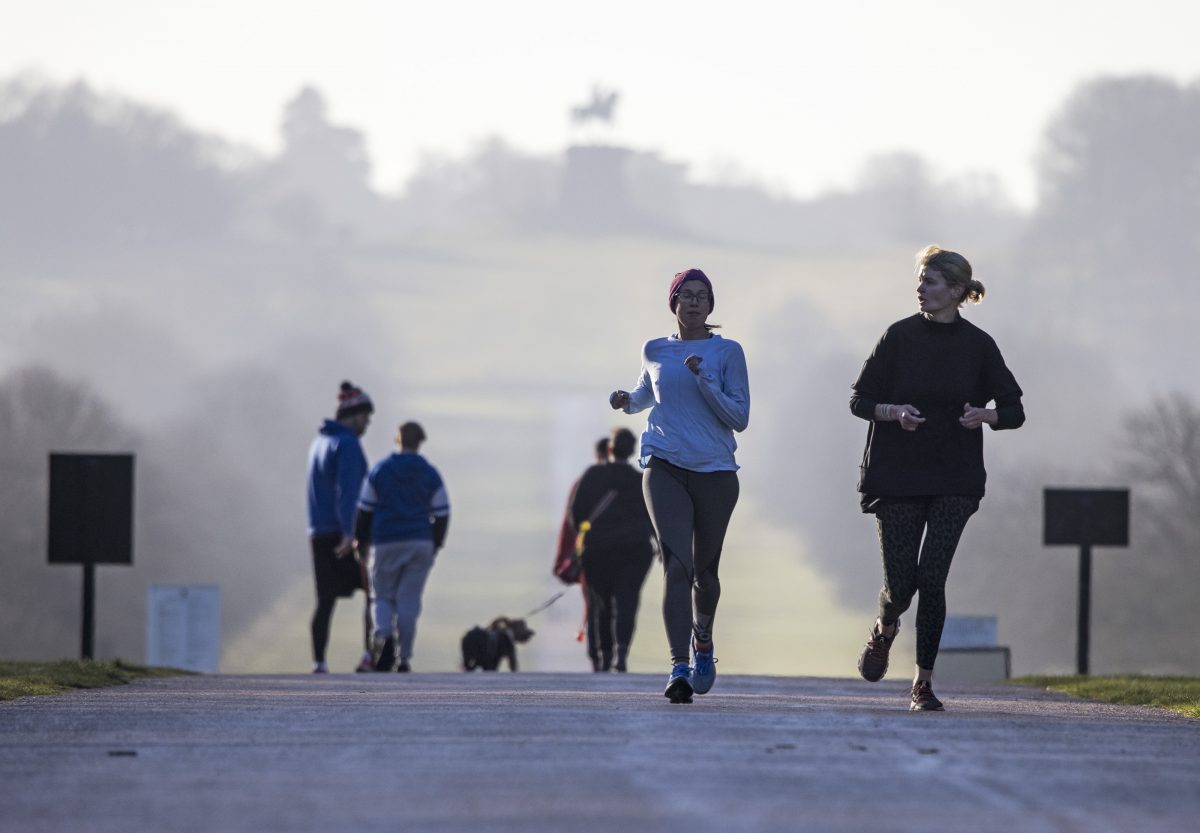Bringing in the new year gives us all a sense of revitalisation and adventure. This new beginning is a chance to reinvent ourselves and fulfil our desires with goals set for the year.
As 2022 sets in, we have all heard many of these resolutions: setting a goal weight, learning to play an instrument, reading 100 books and travelling to a foreign land…the list goes on.
Whilst many people see New Year’s resolutions as a cliche, there are still some who take them seriously. But there tends to be a pattern of setting unrealistic goals, ultimately setting us up for failure and a guarantee to end the year disappointed and unfulfilled.
According to a survey by YouGov, making resolutions is on the rise, with one in seven Britons making a resolution for 2022 compared to one in nine who did for 2021. A third of the people making resolutions were aged between 18 and 24, suggesting Gen Zs find making resolutions trendy.
The survey also found for the third year in a row health and fitness came top on the list for resolutions, with 49 per cent wanting to exercise more or improve fitness, and 40 per cent wanting to lose weight.
In a survey conducted by the Kingston Courier, 40 local residents were asked about their habits for New Year’s Resolutions. Results showed that a majority of Kingston did not make any resolutions at all.
The majority of residents asked, 75 per cent, admitted they did not set a resolution for this coming year and only 10 per cent said they had set a resolution and had kept it up. Around 10 percent said they had made a resolution but had already given it up. The remaining residents surveyed said they had set resolutions in the past, some had kept them and some had given them up.
Residents who did set a resolution nearly all had set a health related goal.

Photo: Ben Cawthra/Shutterstock
Gen Zs questioned by YPULSE were found to be more likely to have a variety of resolutions with many wanting to earn more and save money. However, the trend ‘health’ still screams loudly above others.
Many have criticised social media celebrities for hiding under filters to appear aesthetically more pleasing and hiring professional photographers to get the perfect pic for their profiles. These so-called role models set an unrealistic example in society that we are so desperate to achieve. This could be causing the continued resolution of improving fitness and losing weight.
According to The International Psychology Clinic, when social media constantly feeds us with pictures of perfect people, with perfect bodies, perfect lives, perfect hair etc… it actually lowers our self esteem and creates and unhealthy amount of comparison and competition.
This is turn causes someone else who is already struggling with low self-esteem and self-doubt and makes them feel as though they have a lower quality of life.
No wonder why people end up giving up on these ‘resolutions’.
In research conducted by Strava in 2019, using over 800 million user-logged activities, it was found that the day most people are likely to give up on their New Year’s Resolution is January 19, which Strava has called “Quitter’s Day.”
The constant pressure of trying to live up to unrealistic standards means around 80 per cent of all New Year’s resolutions set fail by February according to U.S. News & World Report.
Psychology Today said four common reasons why people do not achieve their goals are because, the goal is not clear, feeling overwhelmed, feeling discouraged and that the person is not actually ready for change.
The resolution set is nearly as important as whether or not you can develop the kind of habits that allow you to achieve it. It is harder to achieve a big goal rather than several small ones. Therefore, a healthy way to go forward is develop new habits, if not, you do not really stand a chance of achieving these newly set intentions.
Even better perhaps we should all stay open minded and see what the year brings.





